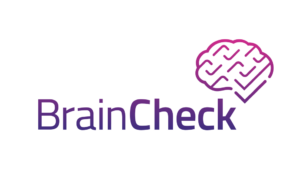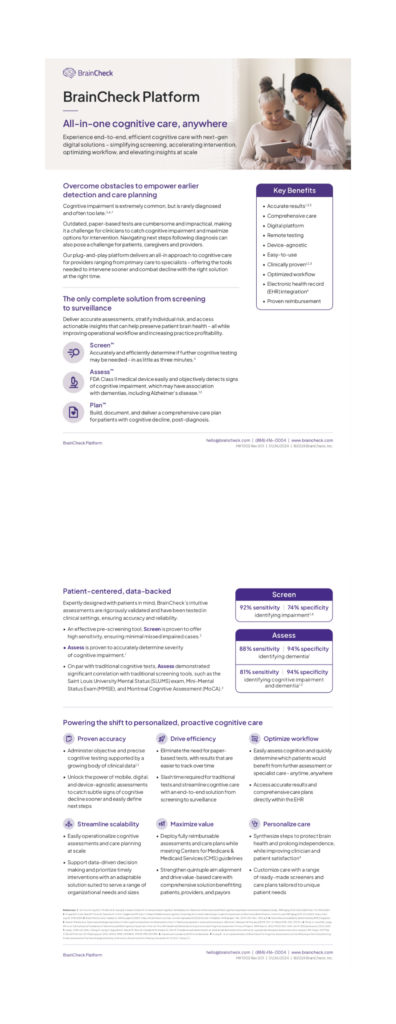Video transcription
As people age, their cognitive abilities decline. You might be worried about this for yourself or a loved one. But what is normal and what isn’t?
Everyone loses their keys or their wallet from time to time or can’t recall the name of the book they just finished reading and are trying to recommend to a friend. But how can you tell when you’ve crossed the line from normal forgetfulness into the frightening spiral of dementia?
While recognizing full-blown dementia is obvious, distinguishing the early signs of dementia from normal aging is trickier than you might think.
What is dementia?
Dementia, by its very definition, refers to a decline in cognitive function beyond what is expected in normal aging. Contrary to popular belief, dementia and memory loss are not a part of the normal aging process.1
Dementia is disabling. It is the loss of essential intellectual abilities such as memory, language, judgment and thinking.
For example, it is normal to forget where you put your keys, but it is not normal to forget what keys are for. You might forget a word that is on the tip of your tongue, but you shouldn’t forget what you just said in a conversation and begin to repeat yourself. It may be hard to teach an old dog new tricks, as the saying goes, but you shouldn’t have trouble with things you’ve done many times before – such as get dressed in the right type of clothes, or get lost or disoriented in your neighborhood. People with dementia can lack judgment and make poor choices; the person who counted every penny is suddenly spending wildly on extravagant vacations.
Dementia affects everyone differently, so a person may have some of these changes, but not others.
Signs of dementia
Full-blown dementia isn’t difficult to detect. But how do you tell if you or a loved one is moving toward dementia? This is the tricky part. The condition called mild cognitive impairment, or MCI, is a middle stage between normal forgetfulness and true dementia.
There’s no strict line between MCI and normal aging – it comes down to a matter of degree. For example, losing your keys some of the time is normal, losing them all of the time is not. It’s ok to have forgotten the name of that great book, but forgetting the name of your spouse or your best friend is a concern.
The symptoms of dementia can usually be detected by people you meet, even strangers. With mild cognitive impairment, it is likely that only you or those who know you well would notice.
Remember, dementia is debilitating. With MCI, you can generally still function independently and go about your daily life.
Is MCI a dementia sentence? Not necessarily. MCI is a major risk factor for dementia. In fact, an estimated 10% of patients with MCI progress to having full-on dementia.2 But it’s also possible to remain stable or even get better. Because MCI is so difficult to pin down, it is an active area of research. More on that in the next videos.[/vc_column_text][vc_column_text]References
1. American Psychological Association. (n.d.). Memory and Aging. Retrieved from http://www.apa.org/pi/aging/memory-and-aging.pdf
2. Farias, S.T., Mungas, D., Reed, B.R., Harvey, D., & DeCarli, C. (2009). Progression of mild cognitive impairment to dementia in clinic- vs community-based cohorts. Archives of Neurology, 66(9), 1151-1157. doi: 10.1001/archneurol.2009.106



